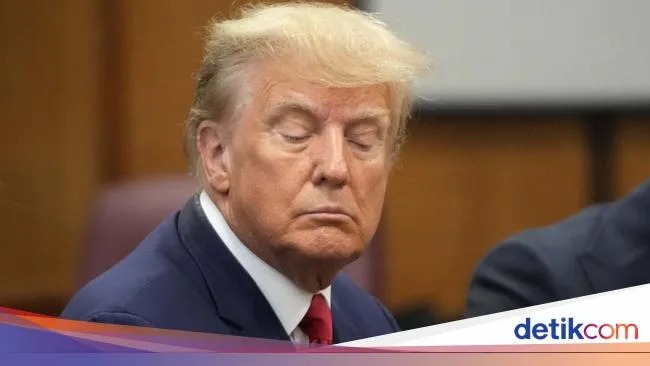Washington D.C. - The United States is experiencing a notable surge in revenue generated from tariffs, a trend attributed to the economic policies enacted under the Trump administration. U.S. Finance Minister Scott Besent highlighted in a recent statement that customs revenue has more than doubled in just four months, now accounting for approximately 5% of federal income, a substantial increase from the previous 2%.
"As President Trump works hard to reclaim our country’s economic sovereignty, today's monthly financial statements show customs records, and without inflation!" Besent declared, underscoring the direct impact of the tariff agenda.
During the first nine months of fiscal year 2025, U.S. Customs revenue reached an unprecedented gross total of $113.3 billion, with net revenue standing at $108 billion. This figure represents a near doubling of the revenue collected in the prior year. The U.S. government's fiscal year concludes on September 30th.
This remarkable growth has elevated tariffs to become the fourth-largest source of revenue for the federal government. It now trails behind individual income tax (withheld) at $2.68 trillion for the fiscal year, individual income tax (not withheld) at $965 billion, and corporate tax at $392 billion.
These developments are expected to bolster former President Trump's viewpoint on tariffs, not only as a lucrative revenue stream but also as a potent tool for enforcing foreign policy objectives. He has previously projected substantial financial inflows following the implementation of higher reciprocal rates on U.S. trading partners, effective from August 1st.
U.S. Finance Minister Scott Besent had previously indicated a sharp increase in import duty receipts. In a cabinet meeting, he projected that calendar year 2025 import duty revenue could reach $300 billion, equivalent to approximately Rp 4,860 trillion by the end of December. As of the latest figures in June, gross import duty receipts had already reached $276.5 billion within six months. Achieving Besent's target will necessitate continued growth and potentially further adjustments to import duty rates.
Ernie Tedeschi, Director of the Budget Lab Economics at Yale University, noted that the full impact of increased import duties might take time to materialize, as businesses and consumers may attempt to preemptively purchase goods to avoid higher tariffs.
Though, Tedeschi projects that after the initial effects subside and Trump's higher reciprocal rates are fully implemented post-August 1st deadline, the U.S. Treasury could collect an additional $10 billion per month in tariffs, totaling $37 billion.
"I think there is a significant risk that we will be addicted to tariff income," Tedeschi commented, referencing his past experience as an economic advisor to the White House during the Biden administration.
